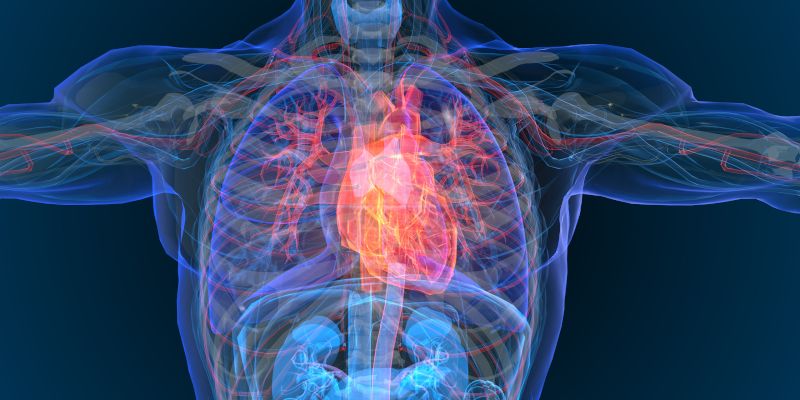Molecules could target cardio-metabolic diseases

A spin out company called CalTIC has been launched by the University of Leeds and its research partners in Germany - the Lead Discovery Centre, a specialist drug discovery laboratory in Dortmund; the Max Planck Society; and Heidelberg University - to commercially exploit the research.
Research over the past two decades has culminated in a “new and promising” approach to developing drugs to treat cardio-metabolic diseases.
Diabetes, high blood pressure, stroke and heart disease are examples of cardio-metabolic diseases, which are on the rise around the world.
For more than 20 years, scientists in Leeds and Germany have been trying to understand the role that calcium ions - chemical messengers between cells - could play in triggering ill-health.
Calcium ions pass into cells via what are known as TRPC channels. The channels are active during embryonic development but may “switch off” in adulthood unless there is an injury to the body that needs repair.
During some diseases, such as high blood pressure or an enlarged heart, the TRPC channels are active, allowing calcium ions to enter the cells. Scientists believe this influx of calcium ions may be a factor in the patient becoming ill.
The researchers want to see if shutting down or blocking the TRPC channels would stop or control the disease process. The scientists at Leeds have identified several novel groups of molecules that could block the transfer of calcium ions into cells. The next phase of the research is to see if they could be turned into medicines that are safe and effective.
Read the full news article on the University of Leeds website.
